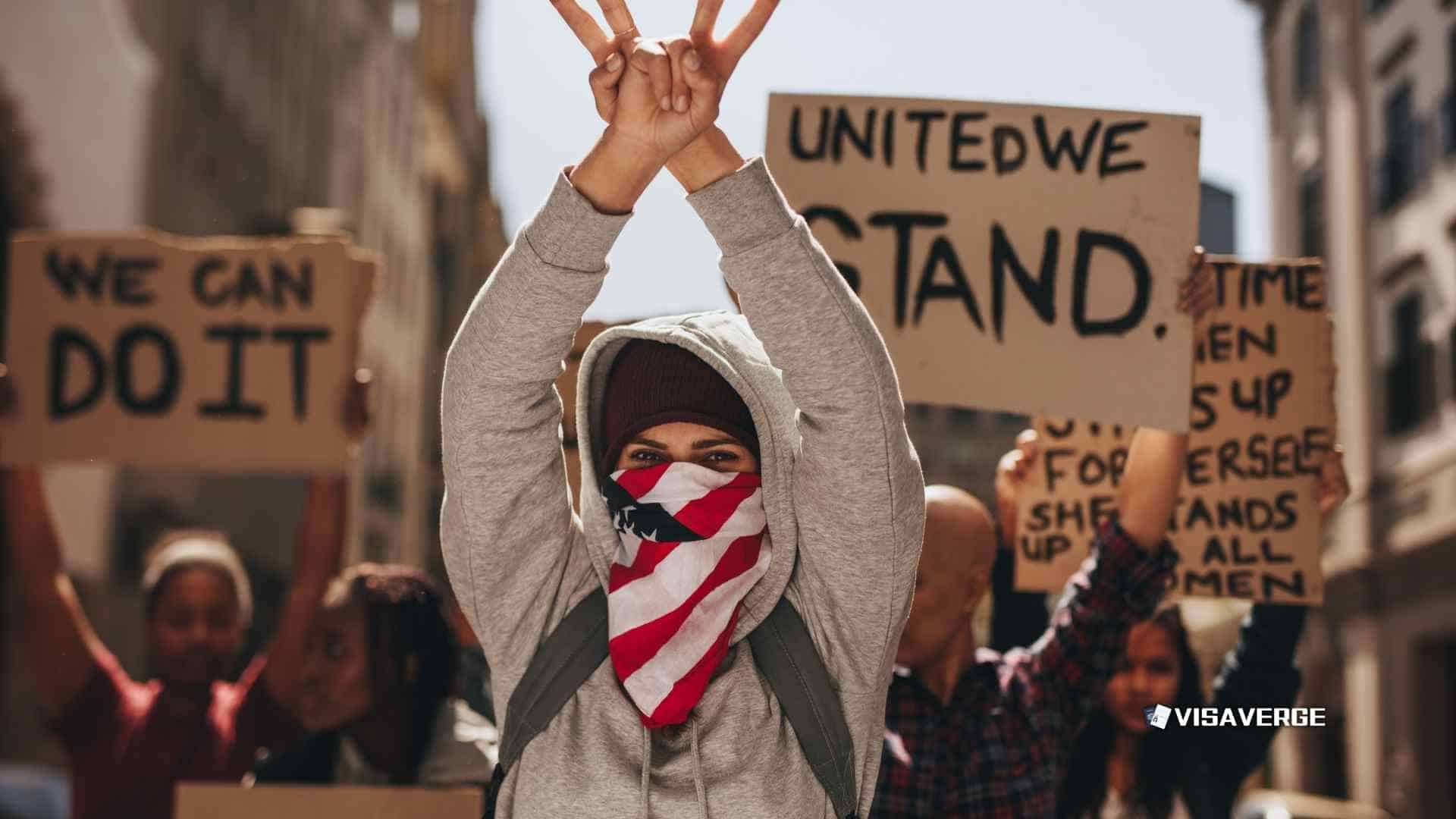(UNITED KINGDOM) Lawmakers are set to test the government’s approach to immigration reforms this week as the House of Commons moves into the Report Stage of the Border Security, Asylum and Immigration Bill, with debate scheduled across 10–14 November 2025. At the heart of the exchanges is how the package will shape humanitarian visa routes, including refugee family reunion, protections for victims of trafficking, and the promise—still uncertain—of safer and legal pathways for those fleeing harm. Families, children, and trafficked people are among those most affected by the proposals, which MPs from several parties say could tighten entry even as ministers argue they are bringing order and clarity to a strained system.
Temporary suspension of family reunion applications

The government’s current posture includes a temporary suspension of new applications for refugee family reunion, which has been in place since September 2025 pending a promised review before year’s end. Campaigners warn that the pause is deepening family separation and pushing people toward risky journeys. Ministers say the suspension is temporary and will allow a recalibration of rules to align with the broader bill’s aims.
The tension between these positions is expected to surface repeatedly on the Commons floor as MPs test whether the bill’s approach can reasonably balance Border Security with humanitarian duties.
Protections for victims of trafficking and related routes
Alongside family reunion, the bill and related policy changes seek to clarify the rights of people recognized as victims of human trafficking and slavery.
Key elements described by officials include:
– Two application routes to improve access to protection.
– The FLR(HRO) option to extend stay on human rights grounds.
– A direct route to a competent authority for those identified through the National Referral Mechanism.
The Home Office says the revised framework will make it easier to identify and protect victims. Critics accept the intent but argue:
– Access remains uneven.
– Support is fragile.
– Outcomes vary widely depending on caseworker judgement and local capacity.
Concerns about safe states and legal routes
Advocacy organisations and a cross-party group of MPs say safe and legal routes remain too limited. They note the bill’s focus on asylum seekers from “safe states,” arguing this could increase refusal rates for people with complex histories who may face real danger despite their country’s general designation.
Ministers maintain that clarity on safe states supports faster decisions and reduces misuse. Opponents fear it could bar legitimate claims without adequate individualised assessment.
This debate links to a broader dispute over whether the current network of humanitarian visa routes offers enough alternatives to irregular crossings for those in urgent need.
Specific schemes and country designations
The parliamentary debates will also examine particular schemes and country designations:
- Amendments to the Ukraine Permission Extension Scheme are expected, as the government seeks to align existing programs under the new framework.
- The recognition of Palestine as a visa national introduces visa requirements that affect travel and may complicate humanitarian access, particularly for family reunion or emergency entry.
Ministers insist such changes reflect standard risk assessments. Rights groups counter that the timing raises real concerns for civilians caught in conflict seeking refuge through lawful channels.
Temporary Permission to Stay for trafficking victims
In parallel, the government plans to refine the Temporary Permission to Stay system for trafficking victims, intended to provide short-term stability and access to services.
Service providers working with survivors say:
– Clearer rules are welcome.
– Short visas and uncertain renewal pathways can leave people one step away from destitution.
MPs are expected to press ministers on whether:
– Casework backlogs will be addressed.
– Mental health support will be provided.
– Housing capacity will be sufficient.
The goal is to ensure that written policy aligns with the lived reality for people emerging from exploitation.
Competing narratives: enforcement vs humanitarian expansion
Supporters of the bill frame the package as a rebalancing that protects the asylum system from abuse while preserving core humanitarian commitments. Opponents argue that without a tangible expansion of safe and legal routes—especially for children, separated families, and those from regions under sudden strain—the reforms risk driving more people toward the Channel and other dangerous routes.
According to analysis by VisaVerge.com, the divide is operational as well as philosophical: the future number and design of humanitarian visas will likely determine whether irregular arrivals fall or simply shift.
Parliamentary pressure and potential amendments
Public and parliamentary pressure is mounting as the calendar tightens. MPs on all sides have signalled they want answers before the end-of-year window when final rules are expected to be confirmed.
Backbenchers and charity leaders are preparing amendments that would require:
1. Clear timelines for reopening refugee family reunion.
2. A commitment to increase safe pathways in tandem with enforcement measures.
The Home Office has acknowledged the need for “more accessible routes” but has not committed to specific expansions. That stance is likely to be tested in votes on amendments addressing family unity and the protection of vulnerable groups.
Immediate consequences for affected people and services
For people directly affected, the policy choices have immediate consequences:
- Parents waiting to reunite with children describe months of limbo, unsure whether the suspension will lift in time to avoid a second year apart.
- Survivors of trafficking report confusion around evidence thresholds and the length of protection granted.
- Local councils worry about the cost of support if more families are stranded without stable status.
Legal professionals and service providers say:
– Clarity on evidential standards and decision timelines would cut appeals and ease pressure on tribunals.
– A steady flow of safe entries could lower demand for emergency accommodation.
What to expect at Report Stage and next steps
As the Report Stage unfolds, MPs will consider proposed changes on:
– Asylum seekers from safe states.
– Family reunion rules.
– Protections for children and trafficking victims.
– The provision and design of safe and legal routes.
The government is expected to defend its approach as measured and enforceable, while critics will push for a more humane recalibration that keeps families together and supports those most at risk. The parliamentary timetable suggests a final shape by December, but much will depend on whether ministers accept amendments that tie enforcement to expanded humanitarian visa routes in ways that command broad support.
Important: final rules and timelines remain subject to parliamentary amendment and ministerial decisions. Watch for votes and ministerial commitments through November and December 2025.
For further official information:
– UK Parliament Bills: https://bills.parliament.uk/
– Home Office guidance on FLR(HRO): Application to extend stay in the UK: human rights claim (FLR(HRO))
As the Commons debate moves through the week, the government faces a clear test: whether the final bill can credibly unite Border Security with workable, humane routes that give people in danger a safe way to reach the UK, and give communities practical tools to support them once they arrive.
This Article in a Nutshell
The House of Commons will hold Report Stage debates on the Border Security, Asylum and Immigration Bill from 10–14 November 2025. Key conflicts include a government suspension of new refugee family reunion applications since September 2025, proposed protections and clearer routes for trafficking victims (including FLR(HRO) and National Referral Mechanism access), and concerns that limited safe and legal pathways may push people toward dangerous crossings. MPs will seek timelines, clarity on casework backlogs, and commitments on housing and mental-health support before final rules expected by December.













